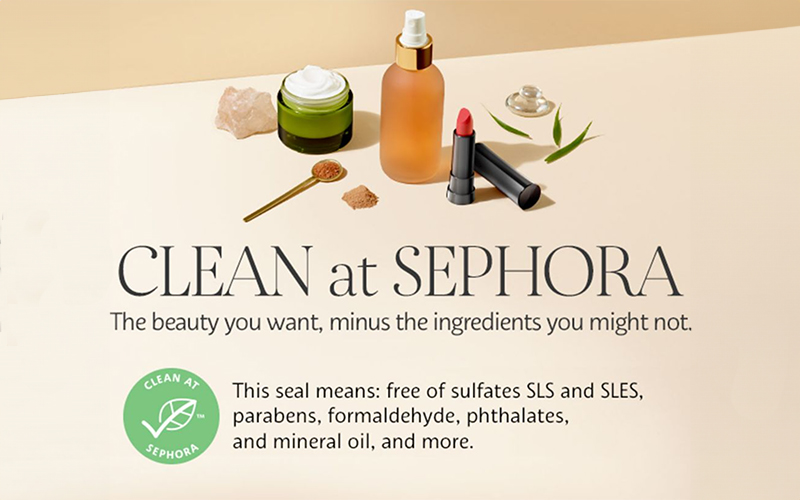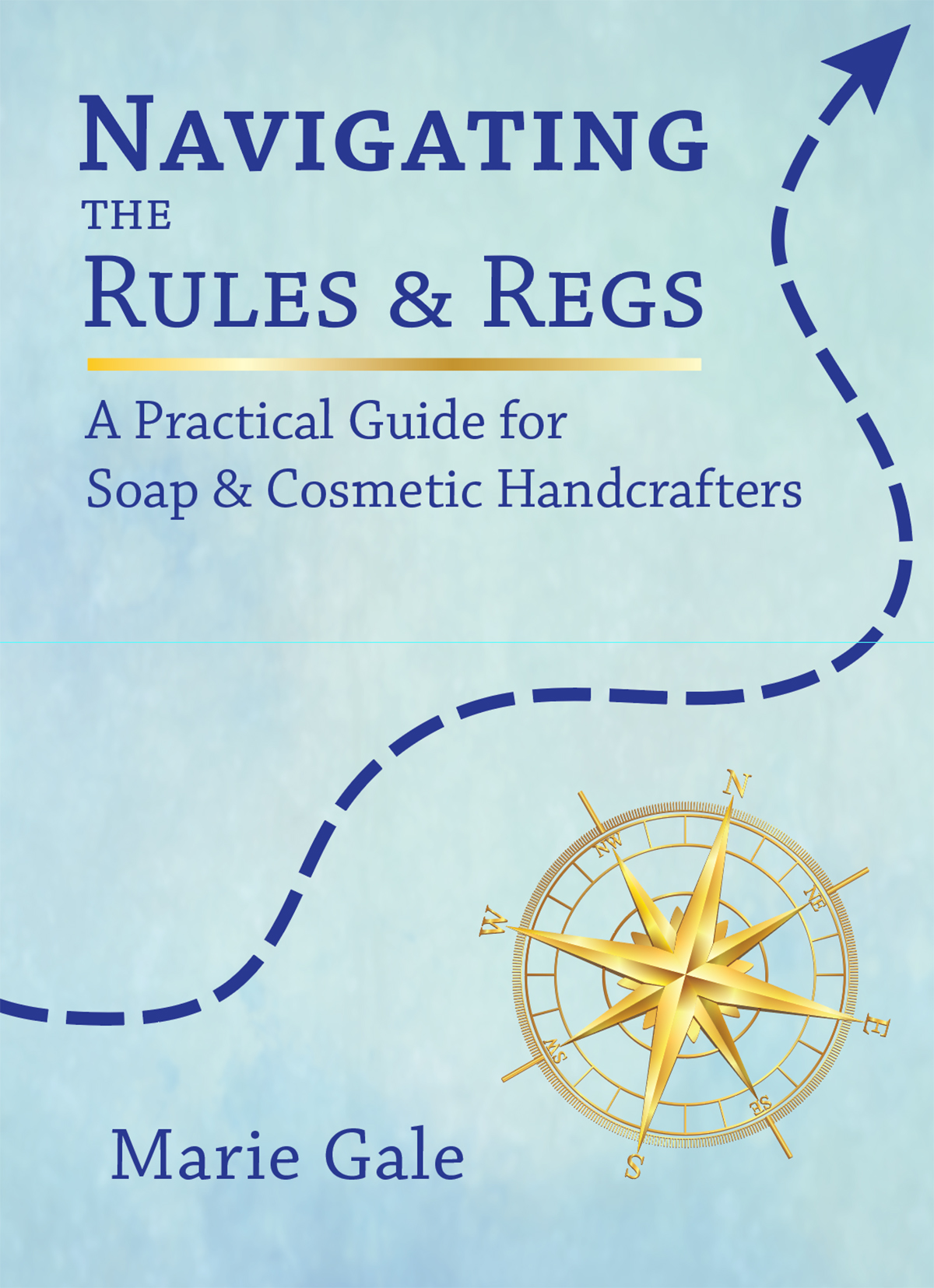Last December I reported on a class action suit against Sephora in which the allegations were that Sephora’s “Clean at Sephora” cosmetics contained harmful and synthetic ingredients and therefore didn’t meet what a normal consumer woulld think was “clean.” Therefore, they sued on the basis that “Clean at Sephora” was a violation of New York general business law (false and misleading), fraudulent, and a breach of warranty, and allowed Sephora to garner unjust enrichment.
Sephora requested that the case be dismissed because they had not marketed, labeled, or sold their “Clean at Sephora” cosmetics under the guise that they were all-natural or free of any harmful ingredients. They felt they didn’t mislead anyone—they were very clear about the definition of “clean” and that the products were formulated without specific ingredients that are known or suspected to be potentiallly harmful to human health. They never said or implied that the products were free of all synthetic or harmful ingredients, nor that they were “all natural” products.
The Court agreed with Sephora and dismissed the case.1
The Take-Away
What we learn from this case is that is you are going to say that your products are “clean” or use some other type of description, it’s always good to clearly state what you mean. This is especially true of words or phrases for which the consumer could already have their own definition.
In this case, the consumer (plaintiff) had a definition of “clean” that was different from Sephora’s. However, since Sephora was very clear about exactly what they meant by “clean,” they were protected.
As a side comment, I did notice that Sephora had radically changed their website since I looked at it in December. The “Clean at Sephora” campaign is toned WAY down, and there are very specific descriptions when you mouse over the “clean” logo by the products.
Other Related Posts:
- Finster v. Sephora USA Inc., No. 6:2022cv01187 – Document 20 (N.D.N.Y 2024). https://law.justia.com/cases/federal/district-courts/new-york/nyndce/6:2022cv01187/135685/20/v ↩︎




Leave a Reply